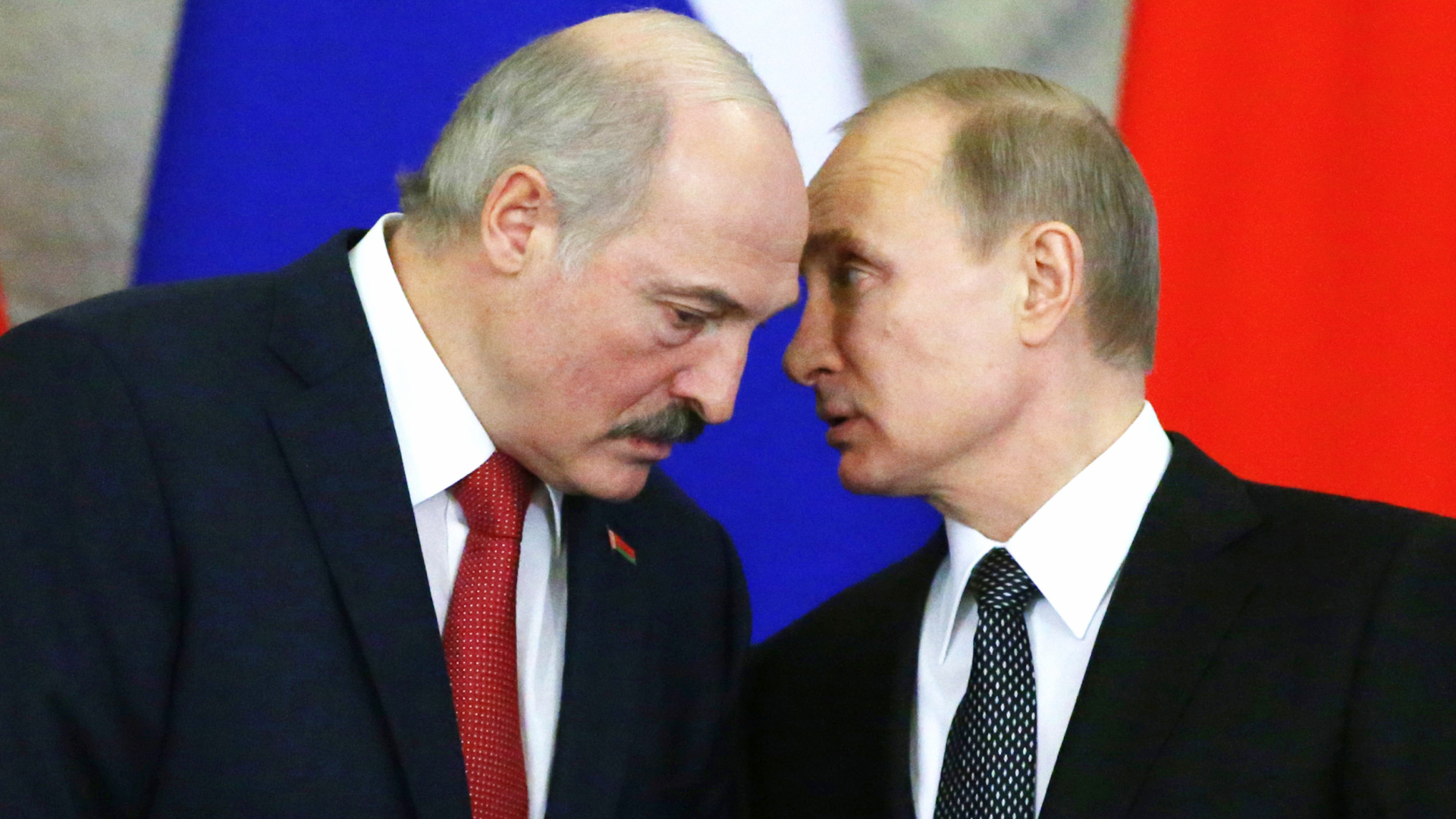Putin plans to create a "Greater Russia"
Back in 2023, a German news outlet discovered an internal strategy paper from the Russian government that confirms Putin's plans to take over Belarus.
The takeover of the neighboring country Belarus is expected to happen gradually, as the German newspaper Tagesschau reports. According to Western security experts, the paper is authentic.
Alexander Lukashenko, Belarus' head of state, visited Russian President Vladimir Putin in Moscow in early 2023. The mood beforehand was tense because Lukashenko repeatedly reacted defiantly to Putin in the past.
Nonetheless, Lukashenko is heavily dependent on Putin. Only with the help of Russia was Lukashenko able to secure his government post when protests against him took place in 2020.
Now the strategy paper shows the plans for the Russian takeover of Belarus. It is expected that this will be done through political, economic and military means and should be completed by 2030 at the latest, according to the 17-page strategy paper.
The goal is a so-called "Union State". Although the idea of a union state formed by Russia and Belarus has existed since 1999, up until now a mutual agreement has been the prerequisite. However, the new strategy paper presents a takeover with no regard of Belarus' interests.
According to the information in the strategy paper, this takeover is intended to secure Russian dominance in Belarus and thus create a buffer zone to NATO.
Western influence in Belarus is to be pushed back and posts in Belarus are to be taken by Russian elites.
Belarusian political scientist and historian Valery Karbalevich said, "Russia's aim is to turn Belarus into a puppet, to tie it so closely to itself that Belarus will remain in the sphere of geopolitical control under any government or president, even after Lukashenko's departure Russia would remain."
Western intelligence agencies say the strategy paper is part of a larger plan by Russia - namely to create a so-called "Greater Russia".
Accordingly, Russia wants to expand its influence on its neighboring countries such as Belarus, Ukraine and the Baltic States.
Putin hopes to do this politically, militarily, socially and economically. The strategy paper divides Russia's goals into short-term goals up to 2022, medium-term goals up to 2025 and long-term goals up to 2025.
To implement these plans, Moscow established the Cross-Border Cooperation Directorate five years ago. Its purpose is to implement plans to increase Russia's influence and control over its neighboring countries.
Belarus is already heavily dependent on Russia. Russian troops have been on Belarusian soil since the end of 2022 and the two states are testing joint warfare.
Belarus is also economically dependent on Russia. Western sanctions meant that the economic link between these two countries was strengthened.
Since the beginning of the Ukraine war, the Russian view of the "warmongering West", as the Tagesschau describes it, has been spreading, especially in the media in Belarus.
The strong influence of Russia can also be found in other areas: Lukashenko himself is campaigning for the displacement of the Belarusian language.
A city tour in Belarus conducted in the Belarusian language is already being punished with an arrest.
This is in the favor of Putin, who, according to the strategy paper, wants to replace the Belarusian language in government offices with Russian by 2030.
However, the relationship between Lukashenko and Putin is and remains tense. Western intelligence services report that there is not a great deal of trust between the two rulers.
Lukashenko should therefore have little interest in implementing the plans in the Russian strategy paper.
More for you
Top Stories


































